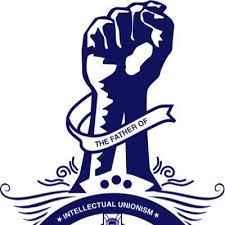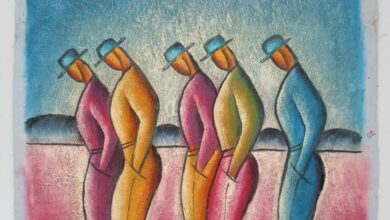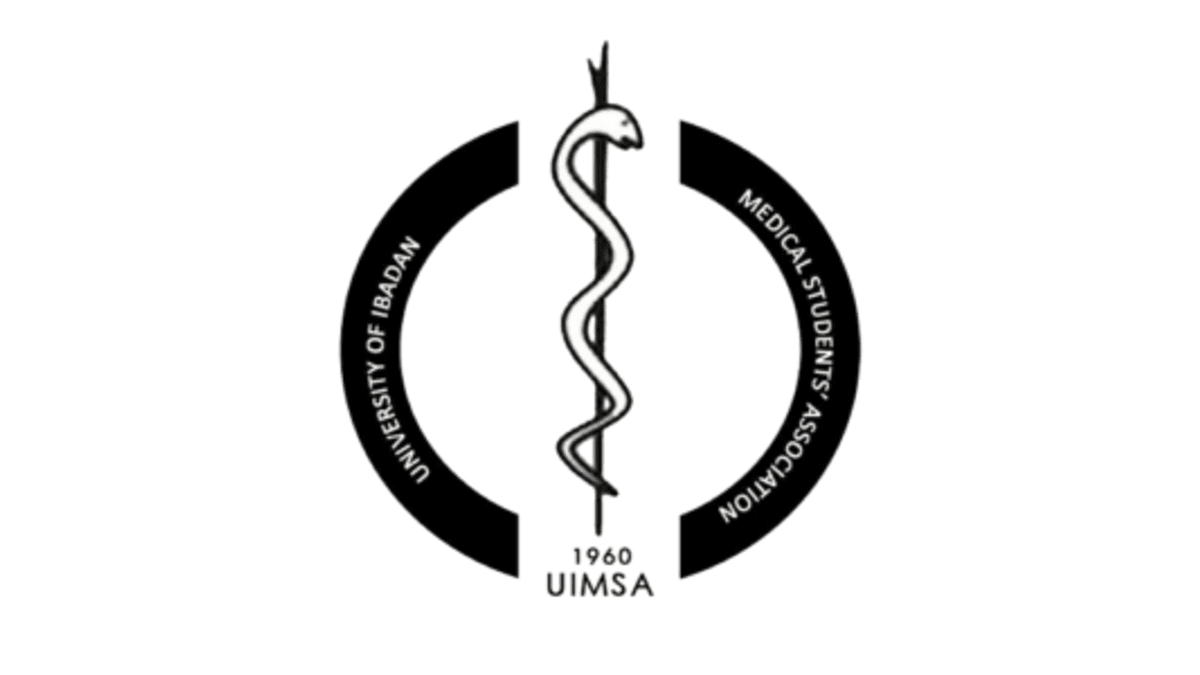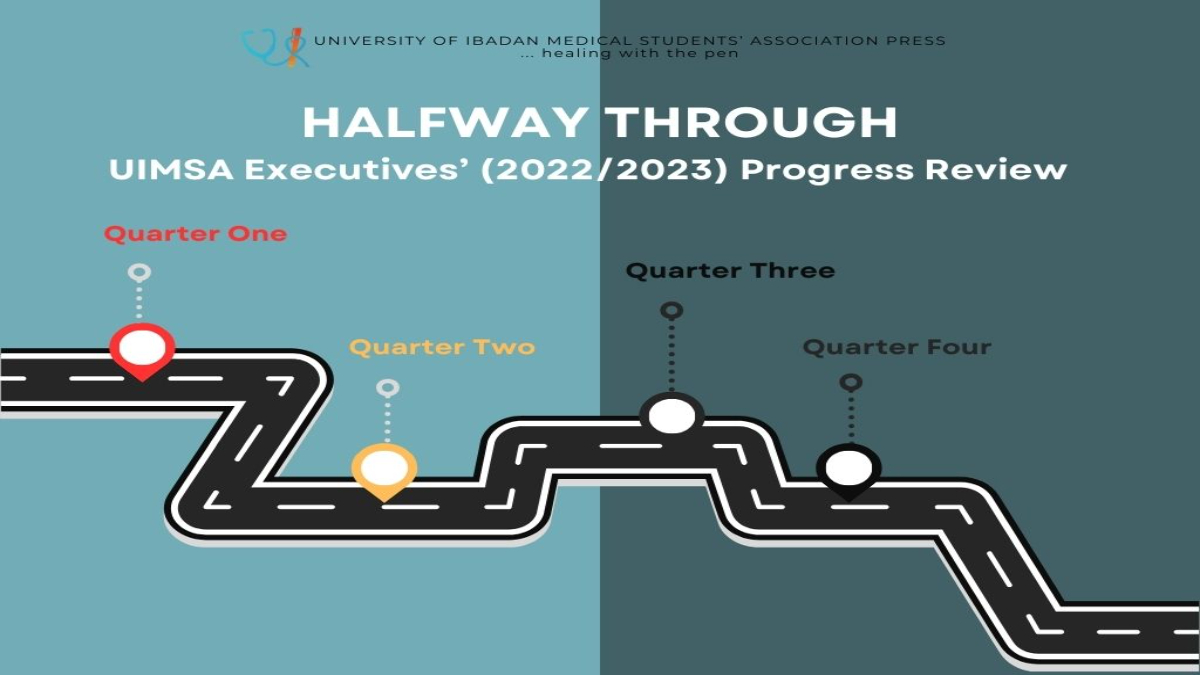Weaponised Silence: How Fear, Ignorance, and Ego Are Undermining Student Unionism

There is a type of silence that grows like a creeping plant slowly, almost invisible until it covers the windows of conscience and chokes the room of justice. That silence now resides permanently in the University of Ibadan.
On Monday, July 14, the University of Ibadan management handed down a four-semester suspension to Aduwo Ayodele and Mide Gbadegesin, both accused of participating in a peaceful protest. Another student, Nice Linus, was disqualified from the Students’ Representative Council. The trio, now dubbed the “UI’3” have become the faces of a renewed crackdown on Students Union Consciousness at the University of Ibadan (UI).
What unfolded after their suspension wasn’t simply about the sanction and infraction; it was about how three silent weapons, fear, ignorance, and arrogance, have been carefully deployed to dismantle decades of student-led advocacy through the very spaces that once birthed resistance, the Halls of Residence, particularly Zik Hall and Indy Hall.
The Culture of Fear: A Weapon Carved in Policy and Punishment
Fear, unlike physical weapons, works invisibly; it has been institutionalised not by laws alone, but by consequences. The case of the UI3 is an example, summoned by the disciplinary committee after a peaceful protest, they were not given the dignity of a fair trial. They were suspended, and silence followed both from the institution and from the students who once roared from balconies.
Students whisper in corners, not because they have nothing to say, but because no one wants to be the next example. Today, conversations about protests happen behind locked doors or in hushed tones. When students warn each other about activism, they say, “Remember what happened to Ojo Aderemi, the UI’3”
The administration doesn’t need to crack down on mass protests anymore. It only needs to suspend three students and let fear do the rest.
For many students, the UI’3 is not just a reminder of what happens when students speak out, but a chilling demonstration of how institutional systems can crush dissent by isolating individuals and discrediting their cause.
Ignorance Engineered to Forget the Union History
One of the most dangerous weapons against the Union’s Consciousness is not just the sanctions but its forgetfulness. Since the proscription of the University of Ibadan Students’ Union (UI’SU) in 2017, most new students have entered the institution with little to no awareness of what the Union stood for, how it operated, or why it was silenced in the first place. The halls of residence, especially Zik and Indy, have gradually become depoliticised, reduced to accommodation blocks rather than bastions of student engagement.
This ignorance is dangerous because it feeds apathy. Without knowledge of rights, students do not know what they are losing. Without memory, injustice appears isolated. And without context, resistance seems irrational. The system thrives on this ignorance.
The student Union Freshers’ week Orientation programmes, once the platform for civic education, have been stripped of any serious political content. Instead of sessions on right to dissent, students now get lectures on dress codes, noise levels, and hostel conduct.
By removing Union history from the curriculum of consciousness, the university ensures that each new student arrives politically blank. No memory of past struggles. No knowledge of previous victories. No context to understand the current silences of the Union. A student who knows nothing about their rights is less likely to demand them. A student who cannot remember resistance is less likely to believe in its possibility.
It is easy to underestimate how powerful orientation could be if it were reclaimed. Imagine a Freshers’ Week that doesn’t just warn about “noise pollution” or “indecent dressing,” but tells real stories about how students shut down the school gate in protest of a hike in fees. About how Union executives once went toe-to-toe with management on policy. About how silence has always served power.
This kind of political education would not radicalise students beyond control, as some fear. It would ground them in history. It would connect them to a continuum of student struggle. It would make them realise that they are not just here to study and pass, but to live fully to participate, to challenge, to shape.
Ego and the Erosion of Collective Struggle
While fear and ignorance are institutional, ego is internal. And yet, it has proved just as damaging. In recent years, leadership positions within Zik and Indy Hall have become increasingly performative. Hall Chairperson planned social events and posted curated flyers on Instagram, but shied away from confronting the deeper welfare issues that hall residents face daily.
The victimisation of the UI ‘3 revealed a disturbing truth: when student leaders were expected to show solidarity, many chose silence or safe neutrality. In one instance, a hall official was quoted as saying, “Let’s not get involved. It’s not our fight,” But this was not a matter of “their battle”; it was everyone’s battle. And when representatives lose the courage to represent, students lose their capacity to resist.
What now passes for student leadership in our halls is a race for proximity to university management, an opportunity to gain favors, not to challenge authority. As a result, halls like Zik and Indy, once political homes for student unionists, have become fragmented by ego and shallow ambition.
When Aduwo Ayodele and Mide Gbadegeshin were given four semesters’ suspension for daring to challenge the unjust fee hikes, one would have expected an uproar from their hall of residence, the Great Independence Hall.
Despite being home to both students, Indy Hall became the very place where solidarity was hardest to find. Attempts to mobilise from within the hall were met with resistance, hesitation, and an outright indifference. The political memory of the hall has been so dulled that even the most basic instinct to defend its own kin was absent. It wasn’t just painful.
Even more damning is the fact that the current President, Speaker, and Public Relations Officer (PRO) of the UI’SU are all from Independence Hall. They chose to neglect their kinsmen and, by extension, betray the conscience of the Union. This reveals something more dangerous than repression from the management, co-optation. When students begin to act on behalf of the very administration they are elected to challenge, then unionism dies not with a shotgun but with applause from the people it was meant to confront.
Even more disappointing is the complicity that comes dressed as fraternity. The leadership of Independence Hall, because of their closeness to the current student union executives and their desire to maintain internal political prestige, did not dare to criticise the Union leadership for this glaring betrayal. The leadership of Independence Hall, bound by ego and blinded by the prestige of having produced top-ranking Union officers, refused to hold them accountable. To speak out would mean holding their “own people” accountable. And in the twisted logic of campus politics, loyalty to peers often trumps loyalty to principles.
But if Indy Hall’s silence was self-preserving, Zik Hall’s was self-righteous. Driven by long-standing political rivalry and inflated ego, the leadership of Zik Hall refused to collaborate with concerned students from Indy Hall who were trying to rally support. For them, the suspension of Aduwo and Mide was an opportunity to gloat rather than a call to defend student rights. What could have been a moment of collective resistance became yet another episode of fractured egos and failed collaboration.
Zik Hall, which once stood shoulder to shoulder with Indy in the golden era of student unionism, now viewed the situation through a lens of competition rather than collective struggle. Instead of rising above differences, they let old grudges and hall pride dictate their actions or inaction.
The UI’3 as a Mirror of what we refuse to confront
What happened to the UI3 didn’t start in July 2024. It was a culmination of years of strategic depoliticisation, silent indoctrination, and social conditioning.
And yet, the UI3 serves as a mirror, forcing students to confront not only the university’s high-handedness but also their own indifference. Through them, the students saw their apathy laid bare. How we isolate the brave. How we romanticise past heroes but fail to support those who carry the same torch today.
If there is one lesson to draw from the victimisation of the UI3, it is that silence doesn’t protect anyone. What we ignore today becomes policy tomorrow. What we fail to defend today becomes culture next semester. We are not neutral; we are either complicit or resisting.
To rebuild the Union Consciousness, there must be a collective unlearning of fear, re-learning of history, and dismantling of ego. This involves re-politicising halls, bringing back grassroots congresses, and teaching students not just about rights but about responsibility.
Zik and Indy must reclaim their identity not in chants alone, but also in action. If students don’t understand their past, they cannot fight for their future. And if Union leadership continues to serve itself, no student will stand when the next UI’3.
This article is an original publication of the Union of Campus Journalists, University of Ibadan.
Àkànní Olúwaségún Michael


